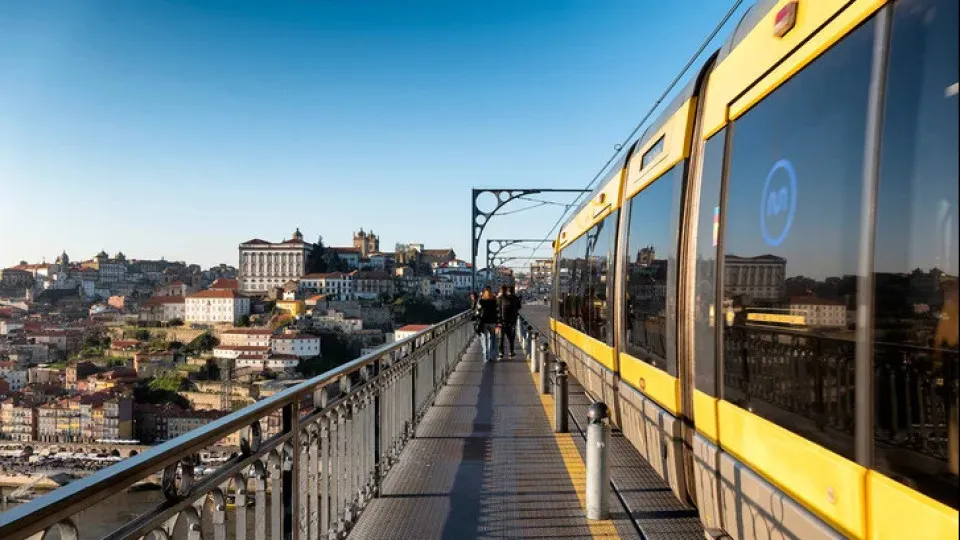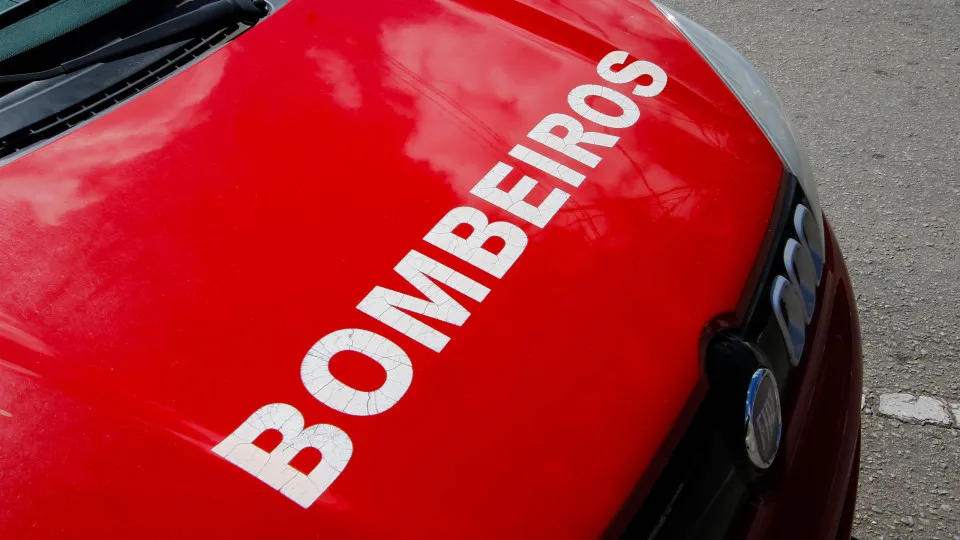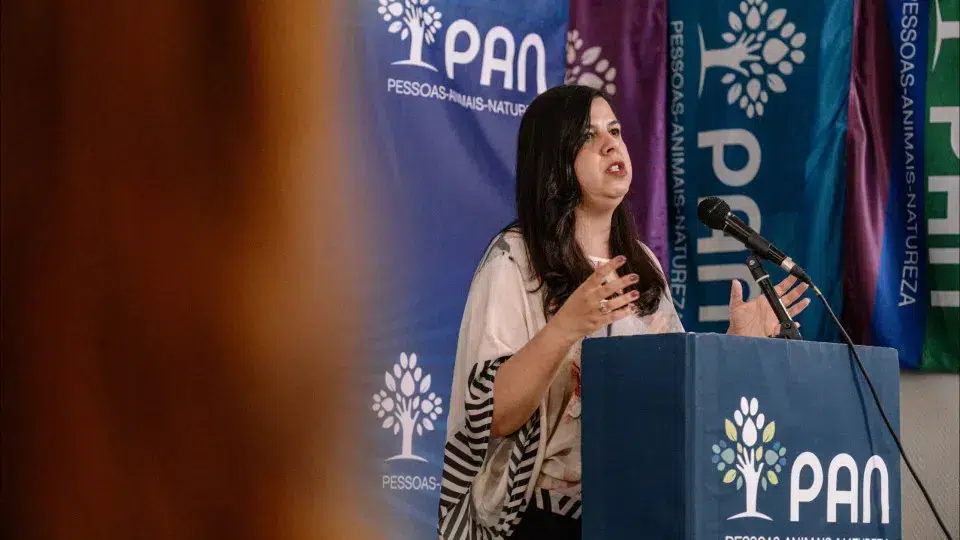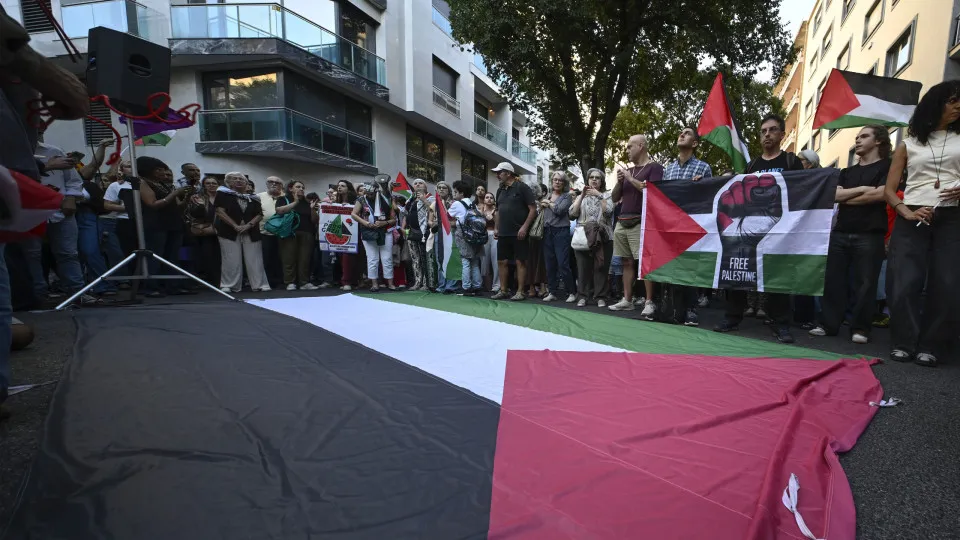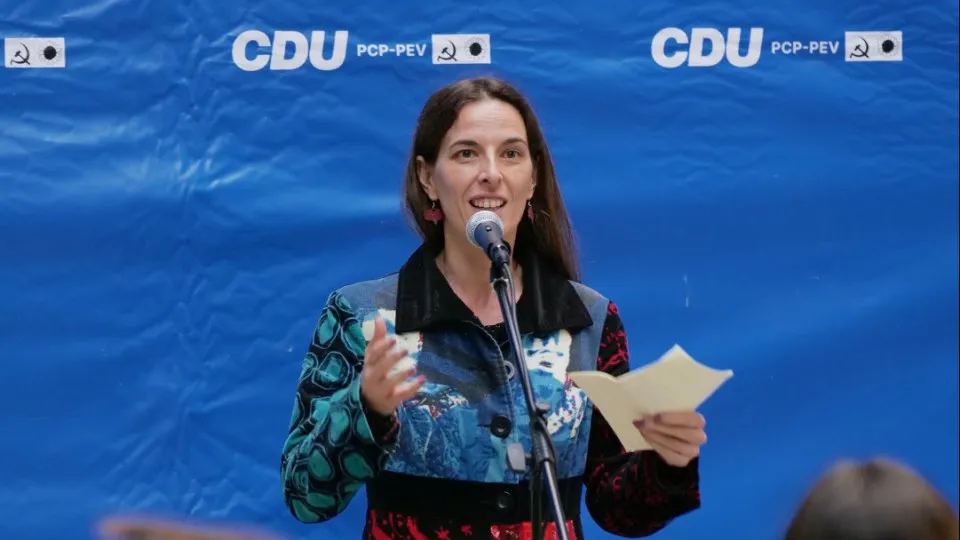
“A position of this nature during municipal elections raises questions about whose interests it might serve, considering the candidacies for the city of Porto,” Diana Ferreira remarked today.
The lead candidate of the PCP/PEV coalition noted that her opponents, “were in government when these measures were taken and remained completely silent on the metrobus situation.”
The former communist deputy argues that the progression of the metrobus’s second phase “should never have happened” and describes it as a project “imposed on the city.”
Emídio Gomes took over the presidency of the transport company on Wednesday, replacing Tiago Braga, who moved from Metro do Porto’s administration to presidency in 2019, appointed by the PS Government and whose term was renewed in 2022.
“[The suspension of works] was an inevitable decision, given the various public stances on starting a second phase of a project whose first phase hasn’t even concluded. The first phase of the metrobus can only be considered complete when the vehicles are operational. So, it is essentially a change of course,” stated Diana Ferreira.
The candidate demanded that the Government be “held accountable for all matters concerning this,” as a shareholder of Metro, and called for more dialogue with local authorities.
“It is utterly incomprehensible not to engage local government bodies deeply and thoroughly to discuss upcoming developments and make decisions that truly enhance mobility for Porto’s citizens. That is the goal of investments,” she asserted.
Metro do Porto announced today it has decided to implement a “temporary technical halt” to the construction of the metrobus’s second phase, which commenced on September 22.
The second phase works started on the dedicated Bus corridor of Avenida da Boavista, spanning between Rua Jorge Reinel (near Colégio do Rosário) and Avenida do Dr. Antunes Guimarães. The project has faced opposition from both candidates for Porto’s mayoral role and the public.
The metrobus is projected to connect Casa da Música to Praça do Império in 12 minutes and to Anémona in 17, using hydrogen buses identical in appearance to conventional metro vehicles, built for 29.5 million euros, including the fueling infrastructure.
While the vehicles have arrived and the first phase of construction is complete, the service is not yet operational. The Avenida da Boavista channel is currently used by soft mobility users, such as cyclists and scooter riders.
The contenders for Porto City Hall are Manuel Pizarro (PS), Diana Ferreira (CDU – PCP/PEV coalition), Nuno Cardoso (Porto Primeiro – NC/PPM coalition), Pedro Duarte (PSD/CDS-PP/IL coalition), Sérgio Aires (BE), current vice-president Filipe Araújo (Fazer à Porto – independent), Guilherme Alexandre Jorge (Volt), Hélder Sousa (Livre), Miguel Corte-Real (Chega), Frederico Duarte Carvalho (ADN), Maria Amélia Costa (PTP), and Luís Tinoco Azevedo (PLS).
The current administration consists of a majority of six elected members from Rui Moreira’s movement and one independent councilor, with the remaining two councilors from PS, two from PSD, one from CDU, and one from BE.
Municipal elections will take place on October 12.

